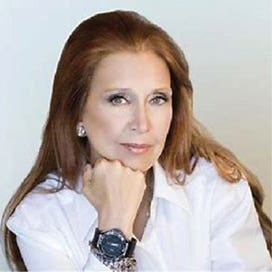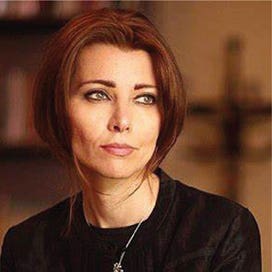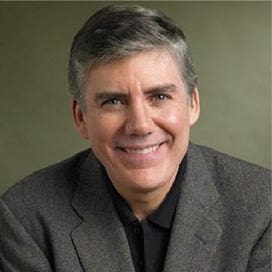Our Fiction Bestsellers
- The Rule BookLBP 1,260,000
- BrideLBP 1,125,000
New Releases
- The Sicilian InheritanceLBP 1,767,600
- Someone Else’s ShoesLBP 1,178,100
Coming Soon
- Murder RoadLBP 1,167,300
Trending on #BookTok
- Wild Love (rose Hill Book 1)LBP 1,178,100
- Better Than The MoviesLBP 1,060,200
Cookbooks
- Classic French RecipesLBP 4,951,800
Self-Help Bestsellers
Your Favorite Authors
Preparing for Easter
- Early Christian LivesLBP 1,531,800
Browse by Category
Page to Screen
- The Woman InsideLBP 1,178,100
- One DayLBP 1,178,100
- ArgylleLBP 1,710,000
- WonkaLBP 855,000
Teens & YA New Releases
- The Reappearance Of Rachel PriceLBP 1,080,000
- Better Than The MoviesLBP 1,060,200
- One Last BreathLBP 1,060,200
Browse by Category
Djeco
- Suitcase - OiseauxLBP 3,600,000
- Suitcase- FishesLBP 3,600,000
- Suitcase - SquirrelsLBP 3,600,000
- "suitcase- Graphic"LBP 3,600,000
































































